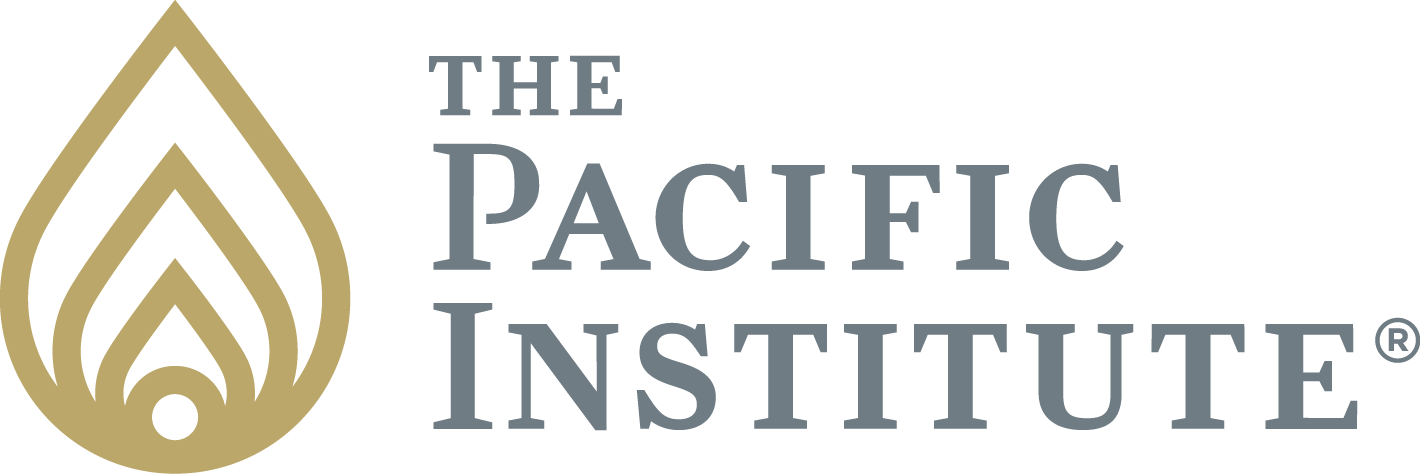Goal setting interventions in education have been shown to be an effective method of enhancing student performance. This is because goals direct a student’s attention toward the goal, increase effort and persistence, and motivate a student to find strategies to attain the goal.
There are four boundary conditions that influence the effectiveness of setting a specific, high goal. The first is Goal Commitment. Goals are only effective if the individual is committed to attaining the goal. The second boundary condition is Feedback. Feedback on goal progress enables students to track whether they are making progress in attaining the goal. A third boundary condition is the requisite Skill and Knowledge to attain the goal. If students lack ability, a specific, high goal for grade-point average may decrease academic performance, as students become so focused on reaching the goal that they do not take the time to focus on learning ways to attain the goal. The fourth is Resources. Finally, students must have the resources (e.g., time, technology) to attain the goal.
Research on goal setting has shown that students who participated in an intensive, online, written, goal-setting program for struggling students had semester GPAs that increased by 30% (Morisano et al., 2010). In addition, the authors found that an important outcome related to goal setting is a student’s subjective well-being. Students who set goals experienced less negative effect than those who did not set goals. Furthermore, the students who set goals said that setting the goal was directly related to their mood changes.
Self-efficacy has been shown to be an important mechanism by which goals are effective in educational contexts. Self-efficacy affects the level of goal difficulty chosen by students as well as the effectiveness of their strategies and their response to setbacks.
Locke and Kristof (1996) found that grades are related to study methods such as doing all the work assigned, programming the material into memory, paying attention in class, tying lecture points together, and linking lecture notes to assigned readings. In addition, certain ways of dealing with setbacks or frustrations were associated with higher GPAs. For example, seeking information, putting in extra effort, and trying new strategies, instead of wallowing in negative emotion, avoiding class, and not doing homework. In short, goals alone are not always effective as students need to make appropriate study choices. They must believe they can execute the study methods (i.e., high self-efficacy).
In both educational and organizational domains, two different types of goals have been shown to be effective in different contexts. The first type is a performance goal. A performance goal is a specific standard or level of achievement an individual hopes to attain (e.g., attain an A in English). The second is a learning goal. A learning goal focuses attention on the acquisition of knowledge or skills. This should be set when an individual does not have the requisite knowledge to perform the task.
Learning goals have been associated with such positive outcomes as: (a) deeper and more organized processing of information, (b) effort and persistence in the face of challenges, and (c) an increase in motivation and interest in the educational material. As such, when a course involves sustained difficulty and complexity, Grant and Dweck (2003) found that learning goals have been shown to positively influence achievement despite setbacks and even poor self-efficacy.
In conclusion, the results of the studies on goal setting in education suggest that goal-setting interventions are an effective way of enhancing academic performance.
References
Grant, H., & Dweck, C. S. (2003). Clarifying achievement goals and their impact. Journal of Personality and Social Psychology, 85,541-553.
Locke, E. A.,& Kristof, A. L. (1996). Volitional choices in the goal achievement process. In P. M. Gollwitzer & J. A. Bargh (Eds.), The Psychology of action: Linking cognition and motivation to behavior (pp. 365-384). New York, NY: Guilford.
Morisano, D.,Hirsh, J. B, Peterson, J. B., Pihl, R. O. & Shore, B. M. (2010). Setting, elaborating, and reflecting on personal goals improves academic performance. Journal of Applied Psychology, 95,255-264.
Morisano, D. (2013). Goal setting in the academic arena. In E. A. Locke & G. Latham (Eds.), New Developments in Goal Setting and Task Performance (pp. 495-506). NY: Routledge.


